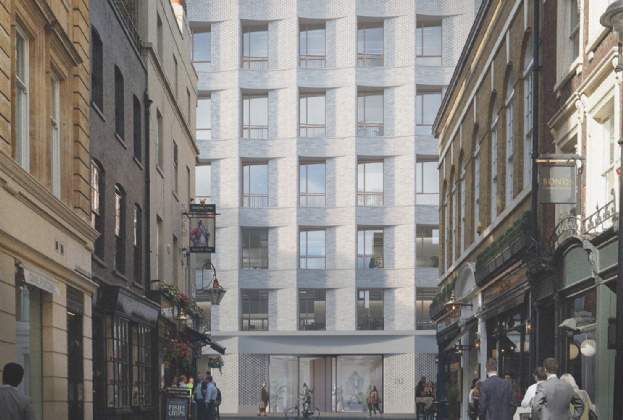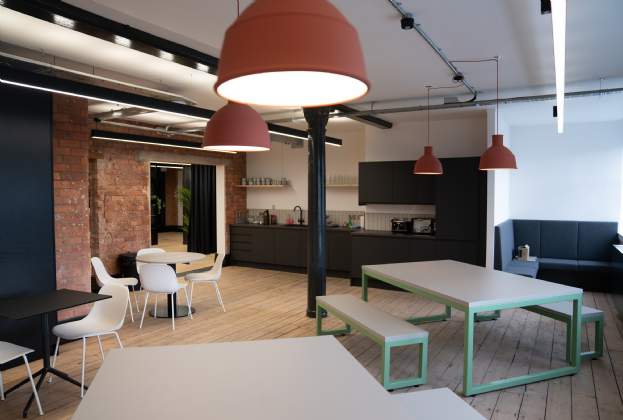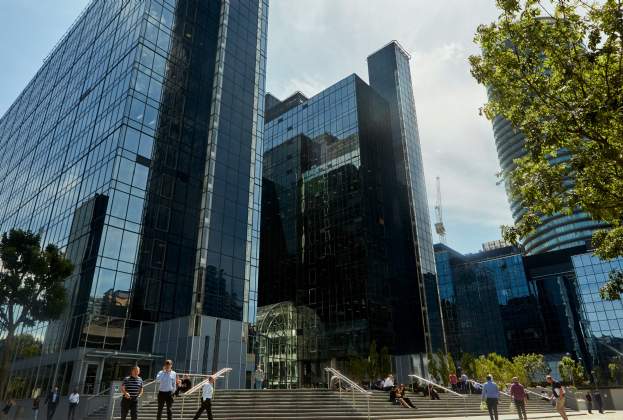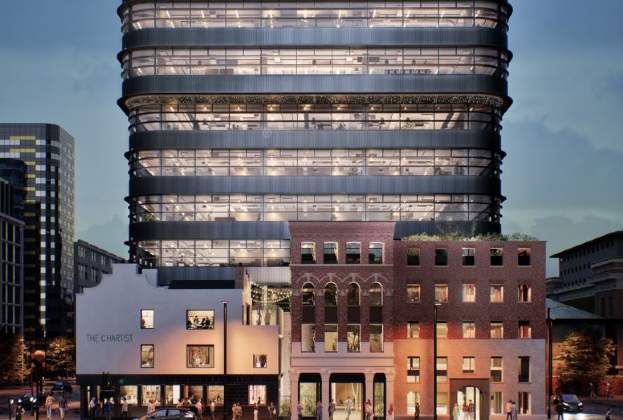In the wake of the Covid-19 pandemic, businesses across industries have been compelled to reevaluate their approach to workspace utilisation and design. As the concept of hybrid work becomes the norm, the significance of the physical office space as a central hub for collaboration, culture, and employee well-being has come sharply into focus. Within this transformative landscape, Human Resources (HR) has emerged as a pivotal player, wielding significant influence in shaping real estate decisions that not only resonate with a company's culture but also cater to the diverse needs and preferences of its workforce.
The modern workplace is no longer solely about providing a physical setting for work; it is a strategic asset that can be leveraged to foster a sense of belonging, collaboration, and purpose among employees. By intentionally designing spaces that align with a company's values and encourage innovation and well-being, organisations can create environments that not only attract top talent but also facilitate their retention and growth within the company.
Central to this paradigm shift is HR's role as the custodian of the employee experience. HR professionals have become the voice of the workforce, advocating for their needs and preferences in the realm of workspace design and utilisation. Through initiatives such as employee surveys and feedback mechanisms, HR gathers crucial insights into workspace preferences, which in turn inform decisions on factors such as location, amenities, and ESG policies. This democratisation of property decisions ensures that the workplace is inclusive, supportive, and conducive to employee productivity and satisfaction.
Furthermore, HR's involvement extends beyond mere consultation; it encompasses a deep understanding of property accreditations and certifications that can enhance the workplace environment. Certifications such as BREEAM, WiredScore, The Well Building Standard, and FitWel provide valuable benchmarks for evaluating the impact of workspace design on employee well-being and performance. By prioritising these accreditations, HR ensures that real estate decisions are not only aligned with organisational goals but also resonate with employees' values and expectations.
A data-centric approach underpins HR's efforts to tailor the workspace to meet the evolving needs of the workforce. By leveraging employee feedback and performance metrics, HR gains insights into space utilisation, preferences, and satisfaction levels, enabling them to make informed decisions that foster engagement and productivity.
Looking ahead, HR's strategic role in shaping modern workspaces is poised to become even more critical. As organisations continue to navigate the complexities of hybrid work models and changing employee expectations, HR's expertise in real estate decision-making will be instrumental in fostering a workplace culture that attracts, retains, and empowers the best people. By aligning real estate decisions with organisational goals, employee well-being, and sustainability objectives, HR ensures that the workplace remains a cornerstone of success in the post-pandemic era.
Further information
Contact Clare Bailey or Robert Pearson
Spotlight: Regional Office Outlook – Spring 2024


.jpg)


.jpg)
.jpg)



